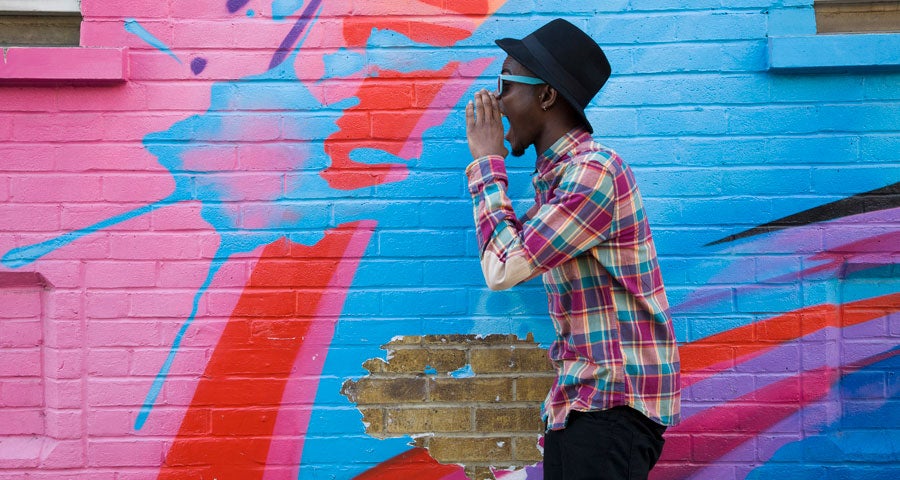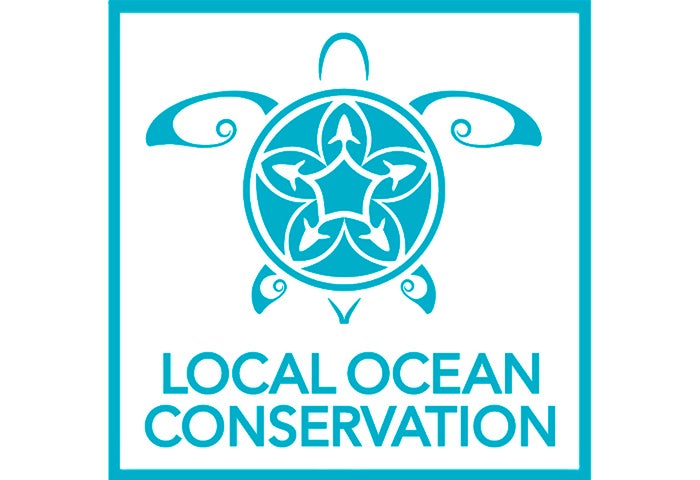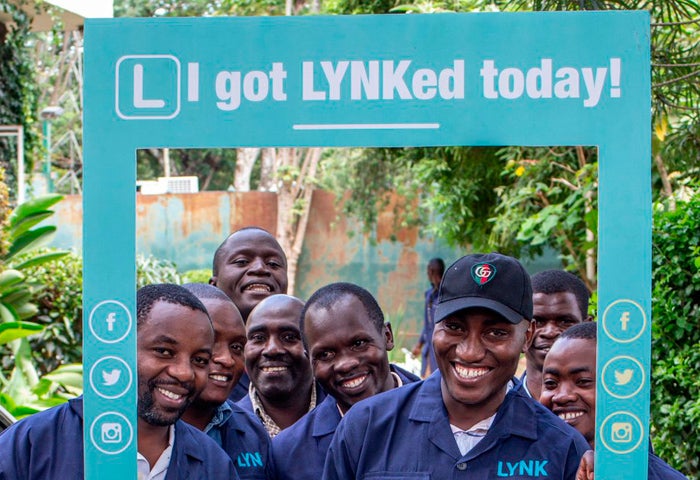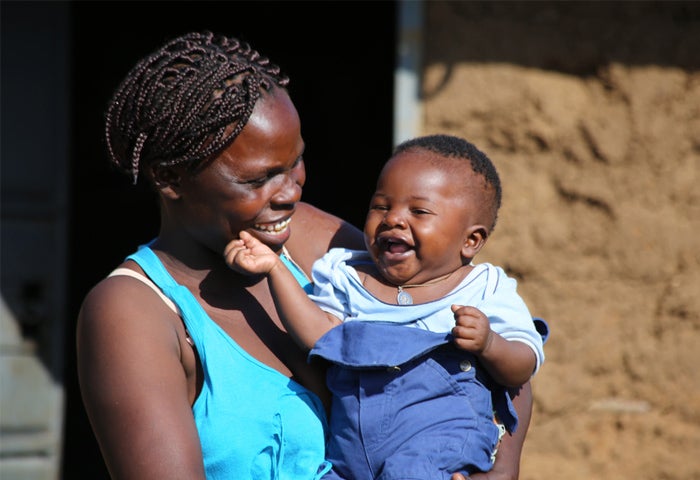
Vizeum Kenya’s new social business arm, servicing NGOs and SMEs, is piloting ways in which media can be used as a catalyst for change. Managing Director Roxanne Boyes says that the response from clients and colleagues has been overwhelmingly positive, which is a promising start to something bigger
Our world needs change on multiple fronts: for our people – racial and gender equality; for our planet – conservation of nature, protection of our animals, sustainability and curbing climate change.
As individuals, it’s daunting and challenging to create the impact needed, but as businesses with resources, platforms and people, it is exponentially easier.
We can (and should) be the change
This is particularly true for a global media agency like Dentsu Aegis Network. Media influences thoughts, opinions and behaviours on a massive scale, and if this reach can be used to convince millions of people to try a new body butter, we can undoubtedly use the same channels to convince millions of people to recycle, conserve and be more open to alternative perspectives such as LGBTQ rights and destigmatising mental health.
There is an undeniable shift happening across the globe, one that is desperately needed, and those of us in the media space can be catalysts in driving this transformation forward. In fact, it is our responsibility to be catalysts.
This goes far beyond a once-off corporate social responsibility campaign that wins awards at Cannes, this needs to be intertwined into the very fabric of our business, the businesses we choose to grow and the ways in which we grow them.
Introducing #MediathatMatters
Being based in Nairobi, Kenya, we are surrounded by countless NGOs and SMEs that are creating and executing concepts that are contributing to a better world and a better future for all, and we knew that we wanted (and needed) to be a part of this positive movement. By combining their concepts with our skills in strategy, media, creative and data collection, we knew that we had the ability to amplify their efforts, which sparked our #mediathatmatters movement.
It’s one thing to do well as a business and hit revenue targets, but what’s the point if that’s all we’re doing? We need a better reason to wake up in the morning. For us, this was it; we wanted our work to mean more, and that’s how Vizeum Kenya’s social business arm was born.
Laying the groundwork
This is all relatively uncharted territory for us, demanding that we learn as we go and do a lot of ‘winging it’. Despite the challenges, it has been a thoroughly exciting and enjoyable experience as we open ourselves up to new ideas and ways of working. One example is realising that we need to plan media according to new metrics, such as Cost Per Acquisition, instead of Reach, because every dollar counts when it comes to start-ups that have limited time and funding.
We also needed to make some changes to our business model so that it not only targeted NGOs and SMEs, but also serviced them with bespoke strategies and carefully curated products that were designed to suit their resources and needs. The products currently include SME-specific rate cards for media, strategy and creative; internal training programs to upskill their teams; and data to raise funding or confirm the viability of their proof of concept and more.
In the last six months, since launch, we have worked with social enterprise SMEs in their pilot stage, Series A and B expansion stage as well as local, and now global, NGOs. It is still early days and we are very open about building the bicycle as we ride it, but we are making headway and increasing momentum as we go.
Change is good, but we need change that is doing good too.
If our model has sparked your interest, start by reaching out to us or the Brands for Good team that are pioneering this thinking across the brands throughout our network, and watch this space – there’s a lot more to come from East Africa!
Who we are working with…
Local Ocean Conservation
Turtles are a key indicator of reef health and a local NGO in Kenya has managed to collect some of the top data, globally, on these animals in order to better protect and conserve the East African coastline against the threat of climate change, pollution and human interference. Local Ocean Conservation has been successfully implementing turtle conservation models in Kenya for 20 years.

LYNK
This successful start-up is transforming the informal sector in Kenya by formalising and creating structures that connect local fundies and artisans to customers. Clients seeking high-quality services from professionals can more easily access these skills, thanks to LYNK.

Care
CARE International is a global confederation of 13 national members and one affiliate member with the common goal of fighting global poverty. CARE (Cooperative for Assistance and Relief Everywhere, Inc.) works in 87 countries around the world.


